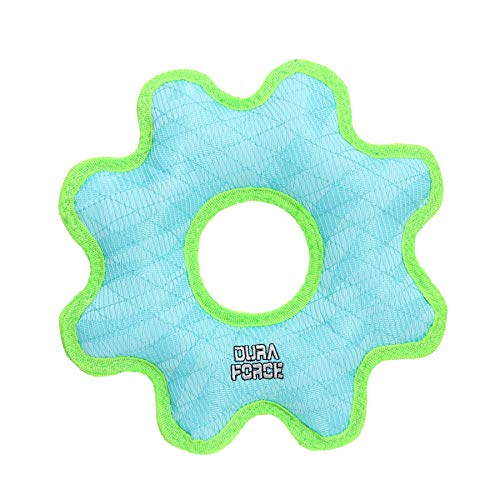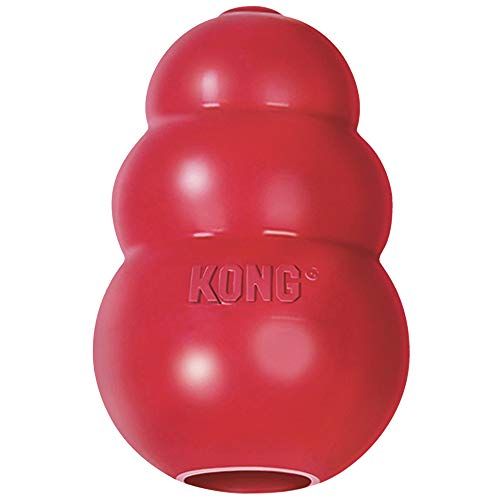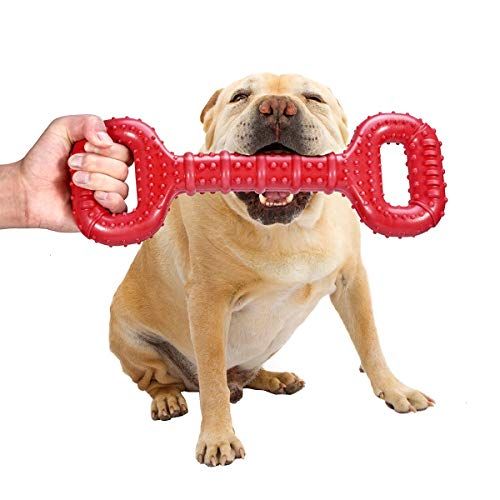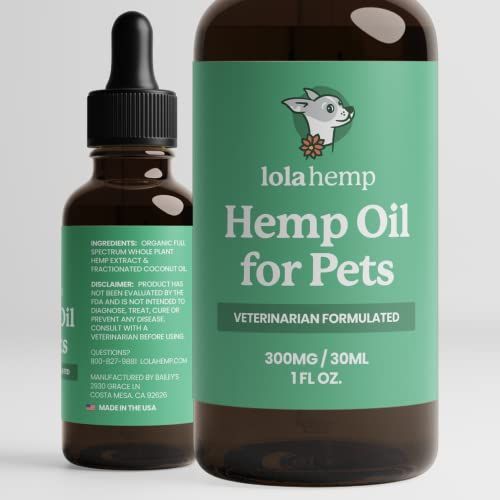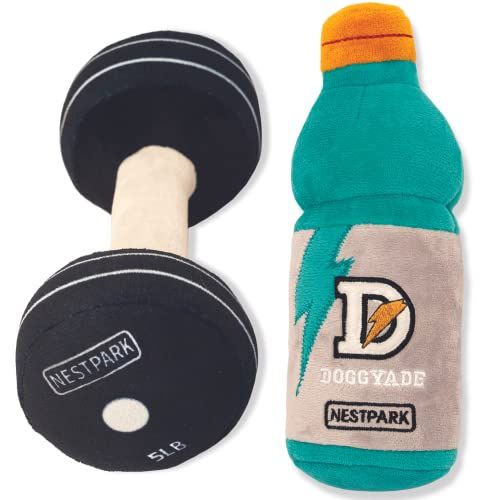A Comprehensive Guide to Helping Your Senior Dog Gain Weight
As our beloved canine companions age, they may sometimes face health challenges such as unexplained weight loss. This may be due to a variety of reasons, from a decrease in their metabolic rate to underlying medical conditions. As pet parents, it's essential to understand how to aid our senior dogs in regaining healthy weight, while ensuring their overall well-being. In this comprehensive guide, we delve into proven strategies and vet-endorsed advice for helping your senior dog gain weight. So, sit back and discover a wealth of knowledge that could be a game-changer for your furry friend's health.
Helping your senior dog gain weight can be a task that requires some careful consideration and planning. It's crucial to approach it thoughtfully because your dog's health and comfort are at stake. Age, underlying medical conditions, diet, and lifestyle are all factors that can contribute to weight loss in older dogs. Here are a few strategies that can be employed to help your senior dog gain weight.
Consult a Veterinarian
Before you begin to implement a weight gain plan for your senior dog, it's essential to consult a veterinarian. A sudden loss of weight can be an indicator of underlying health issues. Vets can conduct thorough checks to rule out diseases like diabetes, thyroid issues, and certain types of cancers.
After confirming the health status, the vet can provide guidance on the optimal weight for your dog based on factors like breed, age, and size. They can also offer advice on the best diet and lifestyle modifications necessary to achieve this weight in a healthy and sustainable manner.
High-Quality Diet
Your senior dog’s diet plays a pivotal role in their weight gain journey. Start by providing your dog with a high-quality diet rich in proteins and fats. Proteins are essential for muscle growth and repair, while fats are a concentrated source of calories.
Additionally, older dogs might require more fiber in their diet to aid digestion. Opt for dog food brands that have wholesome ingredients, avoid those with filler materials like corn and wheat as they offer less nutritional value.
Feeding Schedule
Another strategy to help your dog gain weight is to modify their feeding schedule. Instead of feeding your dog one or two large meals a day, consider breaking it up into several smaller meals. This helps to ensure that they have a steady flow of energy throughout the day and can also help with digestion.
Supplement with Healthy Treats
In addition to your dog's main meals, consider supplementing their diet with healthy treats. Treats are a great way to add extra calories to your dog's diet. Opt for nutrient-dense treats like sweet potatoes, pumpkin, or peanut butter. However, it’s essential to treat these as supplements to their diet, not replacements for their meals.
Exercise
While it might seem counterintuitive to exercise a dog that needs to gain weight, regular physical activity is essential. Exercise aids in muscle building, increases appetite, and improves overall health. Start with low-impact exercises like walks and gradually increase intensity based on your dog’s capability and the vet's recommendations.
Regular Monitoring
Monitoring your dog's weight is just as crucial as the weight gain process itself. Regular weigh-ins can help track progress and make necessary changes. If you notice that your dog is not gaining weight despite your best efforts, it might be time to revisit the vet. There could be other underlying issues at play that are preventing weight gain.
Learn more: How can I help my senior dog gain weight
Remember, helping your senior dog gain weight is a process that takes time and patience. Changes won't happen overnight, and it's important not to rush the process as rapid weight gain can lead to other health issues. Instead, aim for steady, gradual weight gain. Always keep your vet in the loop and adjust your strategies based on your dog's specific needs and reactions to the weight gain plan.
In conclusion, helping your senior dog gain weight involves a combination of strategies such as providing a high-quality diet, modifying the feeding schedule, supplementing with healthy treats, ensuring regular exercise, and monitoring progress regularly. Always consult a veterinarian before implementing any weight gain plans to ensure they are safe and suitable for your senior dog.






